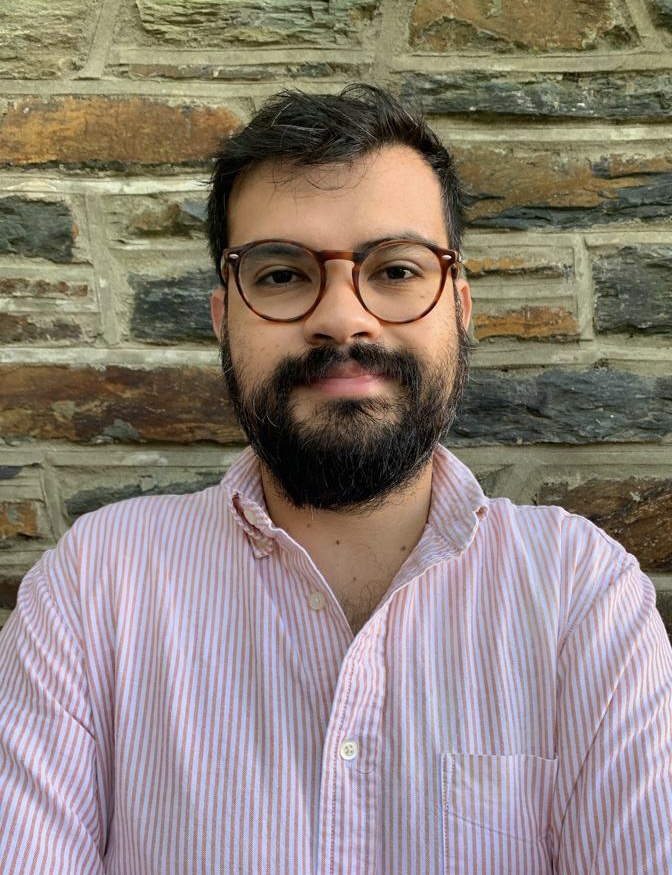The Economic Foundations of Illicit Power: DTO Strategies and Their Political Consequences in Guatemala
(With Joséphine Lechartre). Working paper.
Recommended citation: Drug-trafficking organizations (DTOs) expand territorial control through both violence and institutional capture. While much attention has focused on their use of coercion, less is known about how DTOs exploit legal markets and state institutions to launder money and consolidate power. This paper investigates the relationship between commodity-driven land expansion and criminal entrenchment in Guatemala, focusing on the growth of oil palm cultivation. Leveraging exogenous shocks to global palm oil prices, we estimate the impact of DTO expansion on two outcomes: political violence and corruption in public procurement. We use municipal panel data from 2016–2023, original data on attacks against civil society actors, and detailed procurement records linked to the national investment monitoring system (SNIP). We find that palm expansion increases corruption-related contracting patterns (e.g., contracts to sole bidders or to potential shell firms) without increasing lethal violence. These results suggest that DTOs consolidate territorial control not only through violence, but increasingly through co-optation of local procurement markets.
